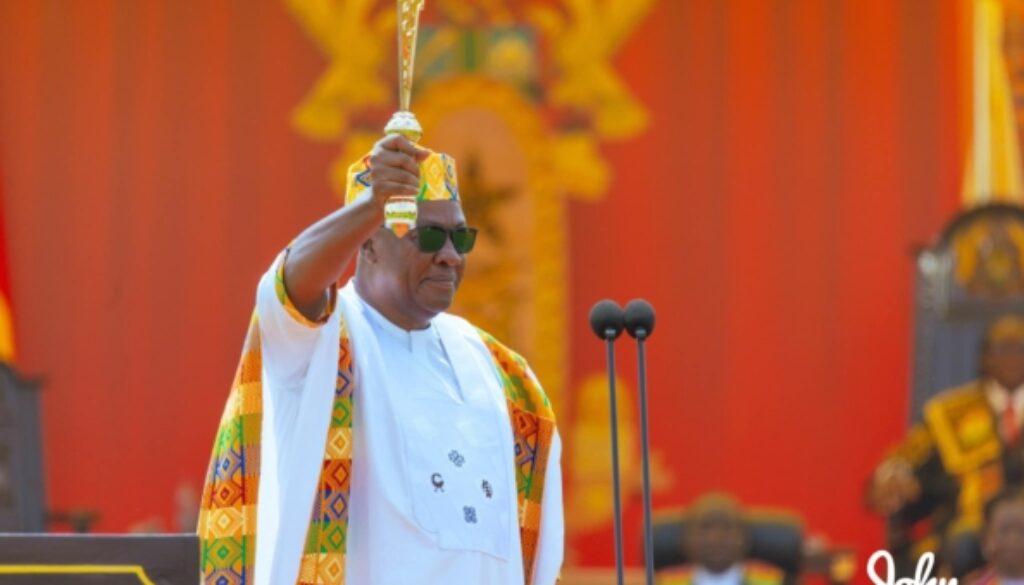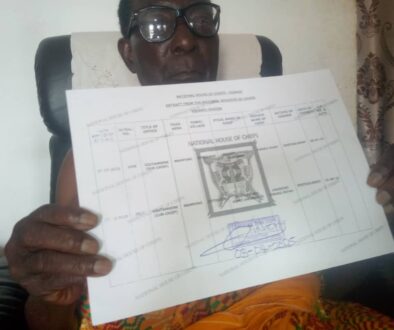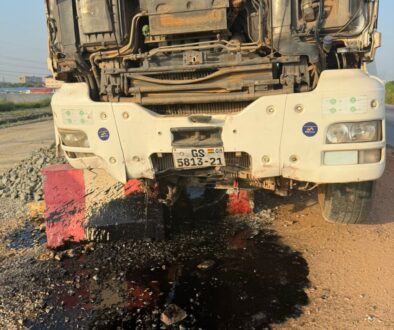Justice infrastructure gap:Why Nkoranza South needs a Higher Court Now
In the heart of Ghana’s Bono East Region lies the Nkoranza South Municipality—a fast-developing enclave with a rich cultural heritage, a growing population, and vibrant economic prospects. Yet, amidst this promising growth lies a quiet crisis that continues to undermine peace, investment, and the equitable administration of justice: the absence of a higher court.

Currently, Nkoranza South is served only by a district magistrate court which also bears the responsibility of serving the entire Nkoranza North district which has no court of its own. The consequences of this overstretch are far-reaching. Many residents must travel long distances to Techiman, Tuobodom, or Sunyani to access Circuit or High Court services. For the ordinary citizen seeking justice, this is a heavy burden—financially, emotionally and logistically.
As the saying goes, “Justice delayed is justice denied.” With only a District Court in place, cases that fall outside its limited jurisdiction are either postponed indefinitely or moved to other regions, causing undue delays and frustration for litigants. More troubling is the tendency for unresolved disputes to escalate, sometimes culminating in violence, property destruction, or long-standing enmity within communities and among individuals.
The lack of a higher court also hampers investment. Business owners and investors are often reluctant to establish themselves in areas where legal recourse is distant or delayed. “Where there is no access to justice, there can be no confidence in the rule of law,” observed former Chief Justice Georgina Theodora Wood, emphasizing how legal infrastructure plays a pivotal role in national development.
Indeed, Development without justice is like a building without a foundation. A thriving economy must be built on the assurance that disputes can be resolved fairly, promptly, and within reach. Justice should not be a luxury for the few who can travel to Techiman, Tuobodom, Sunyani, or Kumasi. It must be a basic right, available to every resident in Nkoranza South and North.
A local Circuit or High Court will not only ensure the prompt adjudication of criminal, civil, and land matters but also decongest courts in surrounding municipalities. It will reduce the pressure on the lone District Court, speed up the justice process, and restore faith in the legal system. Beyond litigation, it will open up more opportunities for Alternative Dispute Resolution (ADR), mediation, and community-based justice initiatives.
It is time for the Ministry of Justice and the Judicial Service of Ghana to heed this long-standing need. The Bono East Regional Coordinating Council, the Nkoranza South Municipal Assembly, Traditional Authorities, and Civil Societies must collaborate to provide the necessary infrastructure, land, and administrative support to make this dream a reality.
As Justice Benjamin Cardozo once said, “Justice is not to be taken by storm. She is to be wooed by slow advances* .” But how long must the people of Nkoranza South wait?
We cannot talk about peace and development while ignoring the essential role of a robust judicial presence. Establishing a higher court in Nkoranza South is not a luxury—it is an urgent necessity.
Justice must be brought closer to the people. That is how communities grow in peace, confidence, and prosperity.
By Dominic Baffoe-Adjei
Broadcasting Journalist & ADR Practitioner
Email: wofakwame072@gmail.com






